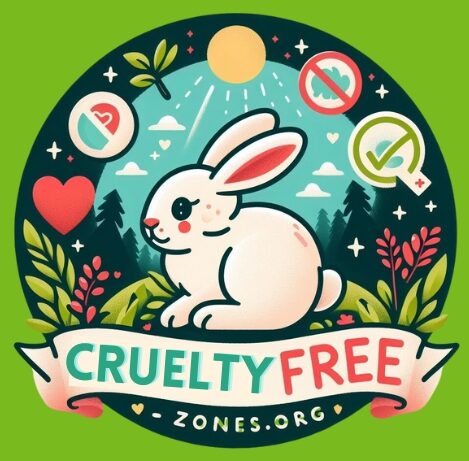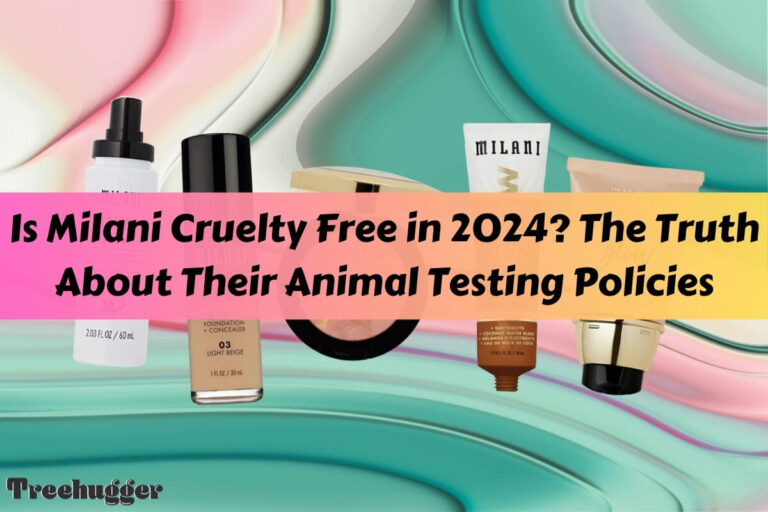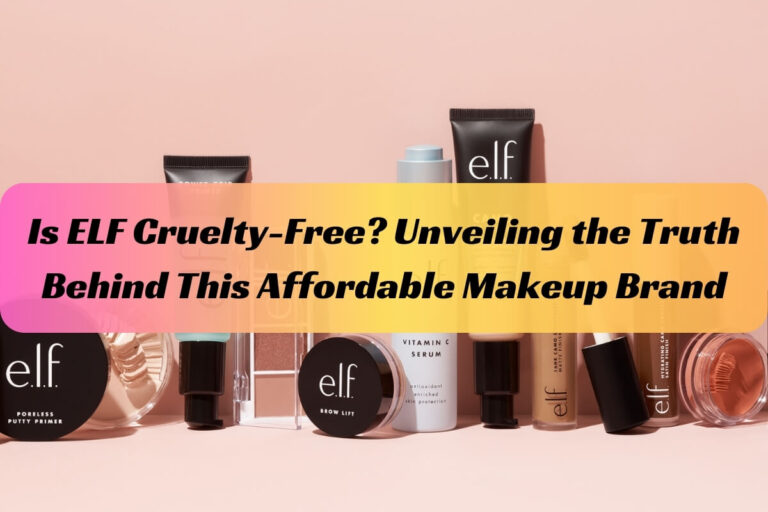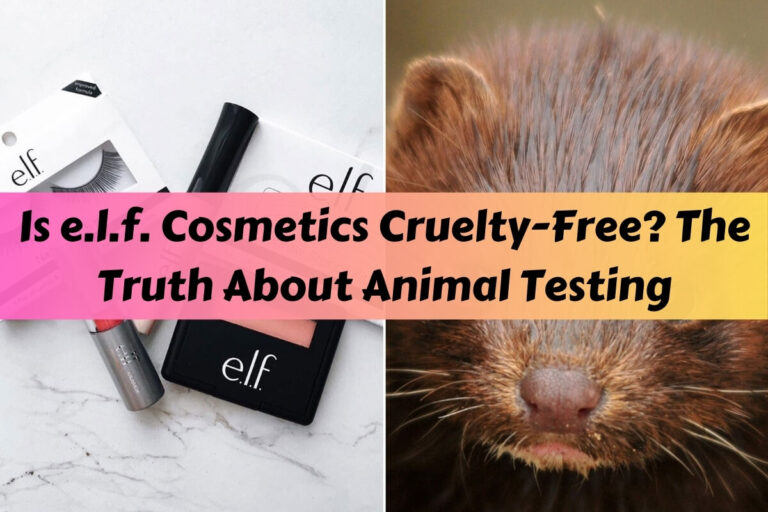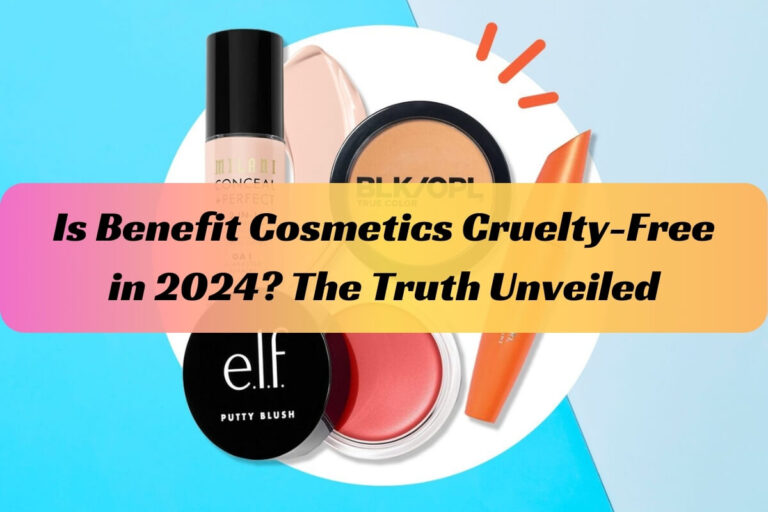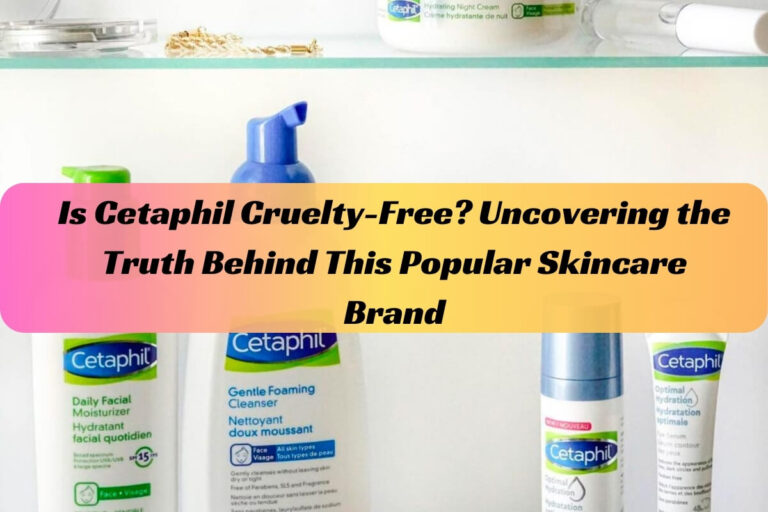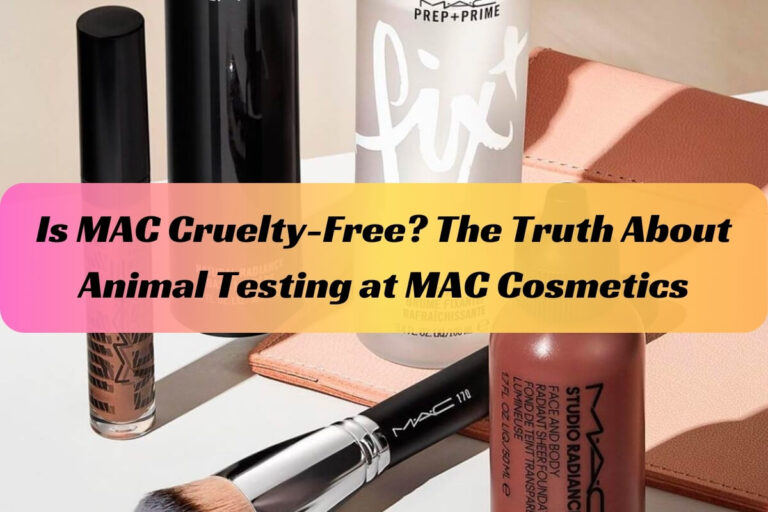Is Tree Hut Cruelty-Free in 2024? The Complete Guide
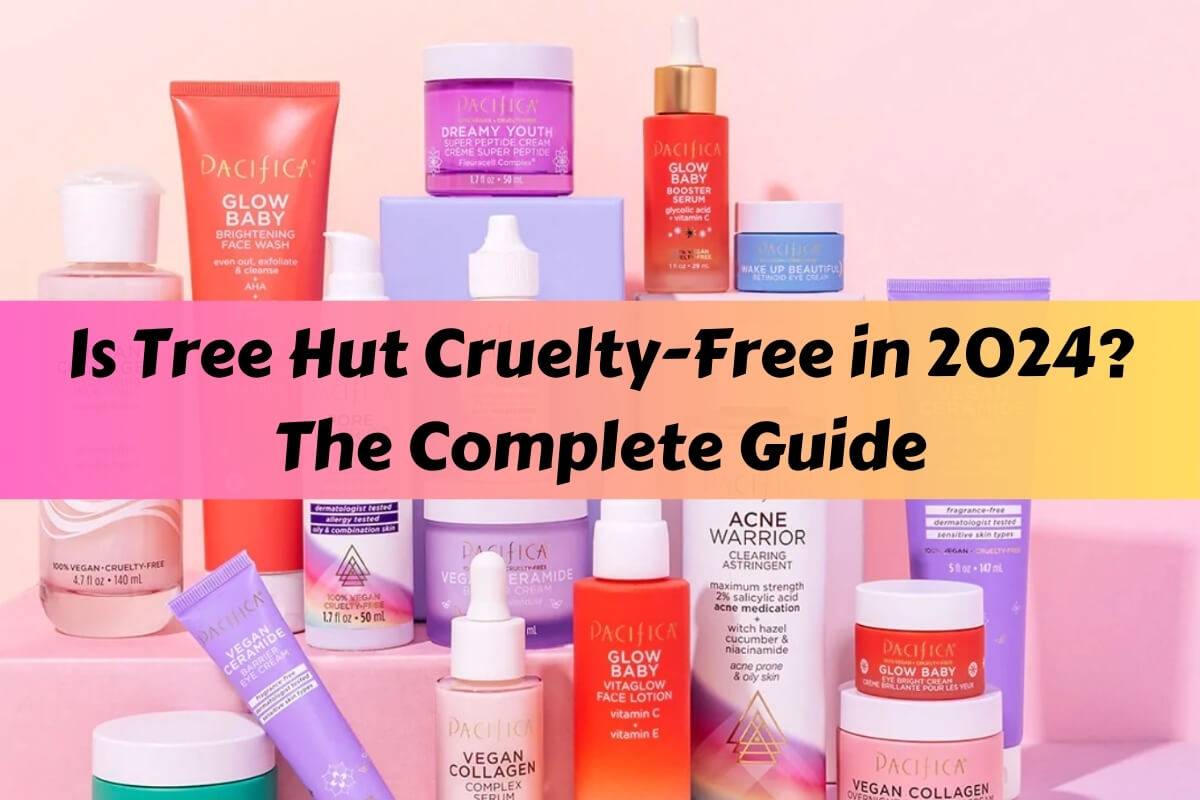
More shoppers care about cruelty-free products these days. Many see animal testing as unethical, especially in cosmetics. This has increased the demand for cruelty-free personal care items. Tree Hut is an affordable brand sold at drugstores and Ulta. Their body scrubs, lotions, and other products raise this question: Does Tree Hut test on animals?
The quick answer is no, Tree Hut is considered cruelty-free based on their policies. However, there are important details to understand. We’ll explain Tree Hut’s animal testing stance, certifications, vegan options, parent company, and relevant regulations. We’ll also discuss why buying cruelty-free matters and how to identify truly cruelty-free brands.
What Does It Mean for a Brand to Be Cruelty-Free?
Before we delve into Tree Hut’s cruelty-free status, it’s important to understand what “cruelty-free” means in the cosmetics and personal care industry. According to industry standards, a cruelty-free brand adheres to the following practices:
- No Animal Testing for Finished Products and Ingredients: The brand does not test its finished products or individual ingredients on animals at any stage of production.
- No Third-Party Animal Testing: The brand does not hire or commission any third-party entities to conduct animal testing on their behalf.
- No Ingredients Tested on Animals: The brand ensures that none of the individual ingredients used in their products have been tested on animals by their suppliers or other third parties.
- Not Sold Where Animal Testing is Required by Law: The brand does not sell its products in countries or regions where animal testing is legally mandated for cosmetics, such as mainland China.
Is Tree Hut Certified Cruelty-Free?
While a brand’s self-declared cruelty-free status is a good starting point, third-party certifications from reputable organizations provide an extra layer of credibility and accountability. The two most widely recognized cruelty-free certifications in the cosmetics industry are:
- Leaping Bunny Certification: Administered by the Coalition for Consumer Information on Cosmetics (CCIC), this certification requires brands to meet stringent criteria and undergo regular audits to ensure compliance.
- PETA’s Beauty Without Bunnies Certification: Granted by the animal rights organization PETA, this certification also requires brands to meet specific criteria and undergo regular monitoring.
According to the information available, Tree Hut is certified as cruelty-free by PETA’s Beauty Without Bunnies program. However, they do not appear to have the Leaping Bunny certification at this time.
Tree Hut’s Official Animal Testing Policy
On its website and in official statements, Tree Hut clearly outlines its stance on animal testing. According to their policy:
- Tree Hut does not test its finished products or ingredients on animals at any point during the production process.
- They do not commission or allow any third parties to conduct animal testing on their behalf.
- Tree Hut does not sell its products in countries or markets where animal testing is required by law, such as mainland China.
Tree Hut sources ingredients from suppliers that don’t test on animals, and their PETA certification suggests this includes ingredient-level testing.
Does Tree Hut Have Vegan Products?
“Cruelty-free” means no animal testing, while “vegan” means no animal-derived ingredients.
According to Tree Hut’s website and product lists, the brand is not entirely vegan. Some of their products contain animal-derived ingredients like beeswax, honey, or milk derivatives. However, Tree Hut does offer a wide range of vegan-friendly products that are free from such ingredients.
Some of Tree Hut’s best-selling vegan products include:
- Tropic Glow Firming Whipped Body Butter
- Watermelon Shea Sugar Scrub
- Frosted Sugar Cookie Shea Sugar Scrub
- Bare Post Shave Soothing Mist
- Mocha & Coffee Bean Firming Sugar Scrub
It’s always advisable to check the product labels or ingredient lists to ensure the product you’re purchasing aligns with your personal preferences and values.
Where to Buy Tree Hut’s Cruelty-Free Products
Tree Hut’s cruelty-free products are widely available at various retailers, both online and in physical stores. Some of the major outlets where you can purchase Tree Hut products include:
- Ulta
- Target
- Amazon
- CVS
- Walmart
- Tree Hut’s official website
Tree Hut doesn’t sell products in mainland China, a key factor in being a cruelty-free brand.
Is Tree Hut Owned By a Parent Company That Tests on Animals?
In the cosmetics and personal care industry, it’s common for brands to be owned by larger parent companies or conglomerates. Some of these parent companies may engage in animal testing for certain brands or products, even if they own cruelty-free subsidiary brands.
After researching Tree Hut’s company ownership, it appears that Tree Hut is not owned by any parent company that tests on animals. Tree Hut is owned by Naterra, a company that specializes in natural and cruelty-free personal care products.
Featured Snippet: Is Tree Hut Cruelty-Free?
Yes, based on the available information and their PETA certification, Tree Hut is considered a cruelty-free brand. They do not test their products or ingredients on animals, nor do they commission third parties for animal testing. Additionally, Tree Hut is not owned by a parent company that tests on animals and does not sell in markets that require animal testing by law.
How to Identify Truly Cruelty-Free Brands
While Tree Hut’s cruelty-free status appears to be legitimate, it’s essential to approach any brand’s claims with a critical eye. Some brands may use misleading language or loopholes to appear cruelty-free, even if they engage in animal testing practices.
Here are some tips to help you identify truly cruelty-free brands:
- Look for Reputable Certifications: Certifications from organizations like Leaping Bunny and PETA provide a level of assurance that a brand’s cruelty-free claims have been thoroughly vetted.
- Research the Brand’s Policies: Check the brand’s website or official statements for a clear and comprehensive animal testing policy. Vague or ambiguous language should raise red flags.
- Verify Company Ownership: As mentioned earlier, a brand’s cruelty-free status can be compromised if it’s owned by a parent company that engages in animal testing.
- Cross-check with Trusted Sources: Consult reputable cruelty-free directories, blogs, and resources that maintain up-to-date lists of brands and their animal testing policies.
- Be Wary of Misleading Claims: Phrases like “we don’t test on animals unless required by law” or “we only test on animals in certain markets” often indicate that the brand does engage in animal testing under specific circumstances.
By staying vigilant and doing your research, you can make informed decisions and support brands that truly align with your ethical values.
Animal Testing Regulations Around the World
One of the key factors in determining a brand’s cruelty-free status is whether it sells its products in markets that require animal testing by law. While many countries have banned or restricted animal testing for cosmetics, some regions still mandate such testing for products to be sold within their borders.
The most notable market that requires animal testing for cosmetics is mainland China. Despite recent regulatory changes, the vast majority of beauty brands available in China have had their products tested on animals to comply with the country’s laws.
Brands can avoid China’s animal testing requirements by manufacturing products in China with strict regulations or selling online only.
Countries and organizations are working to ban or restrict animal testing for cosmetics due to ethical concerns and alternative testing methods.
By avoiding markets that mandate animal testing, cruelty-free brands like Tree Hut are taking a principled stand against these unethical practices. As more consumers become aware of the ethical implications of animal testing, companies that prioritize cruelty-free policies are likely to gain a competitive advantage in the market.
Why Buying Cruelty-Free is Important
Beyond the ethical considerations, supporting cruelty-free brands has far-reaching implications for the cosmetics and personal care industry as a whole. Here are some key reasons why buying cruelty-free products is crucial:
- Animal Welfare: Animal testing for cosmetics often involves subjecting animals to painful and distressing procedures, which is a violation of their fundamental rights and well-being.
- Consumer Empowerment: By choosing cruelty-free products, consumers can use their purchasing power to drive positive change and encourage more brands to adopt cruelty-free policies.
- Availability of Alternatives: With the advent of advanced scientific methods and technologies, there are now numerous alternatives to animal testing that are more reliable, cost-effective, and ethical.
- Ethical Consumerism: Supporting cruelty-free brands aligns with the growing trend of ethical consumerism, where individuals prioritize their values and moral principles when making purchasing decisions.
As more consumers become aware of the realities of animal testing and the availability of cruelty-free alternatives, the demand for ethical and sustainable products is likely to continue growing.
Conclusion
After thoroughly examining Tree Hut’s animal testing policies, certifications, product offerings, company ownership, and the broader regulatory landscape, it is evident that Tree Hut is a cruelty-free brand according to industry standards.
Tree Hut avoids animal testing, despite using animal-derived ingredients. They got PETA’s certification and don’t sell in markets that require animal testing, showing a strong stance against animal cruelty.
However, conscious consumers need to remain vigilant and conduct their research when evaluating a brand’s cruelty-free claims. By supporting truly cruelty-free brands like Tree Hut, we can collectively contribute to the ongoing efforts to end animal testing in the cosmetics and personal care industry.
Buying cruelty-free products shows our values and commitment to a more ethical and sustainable future for all living beings.
